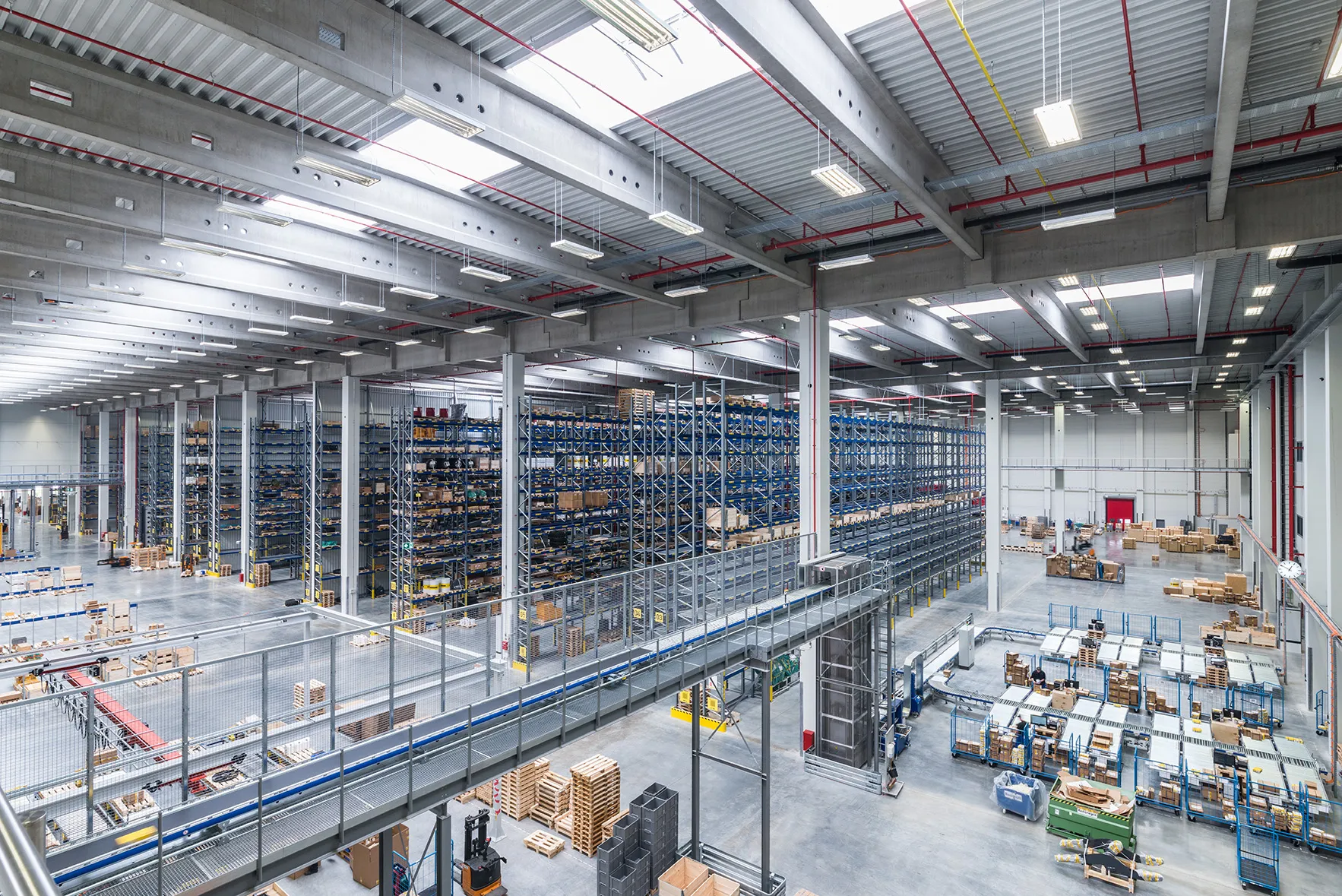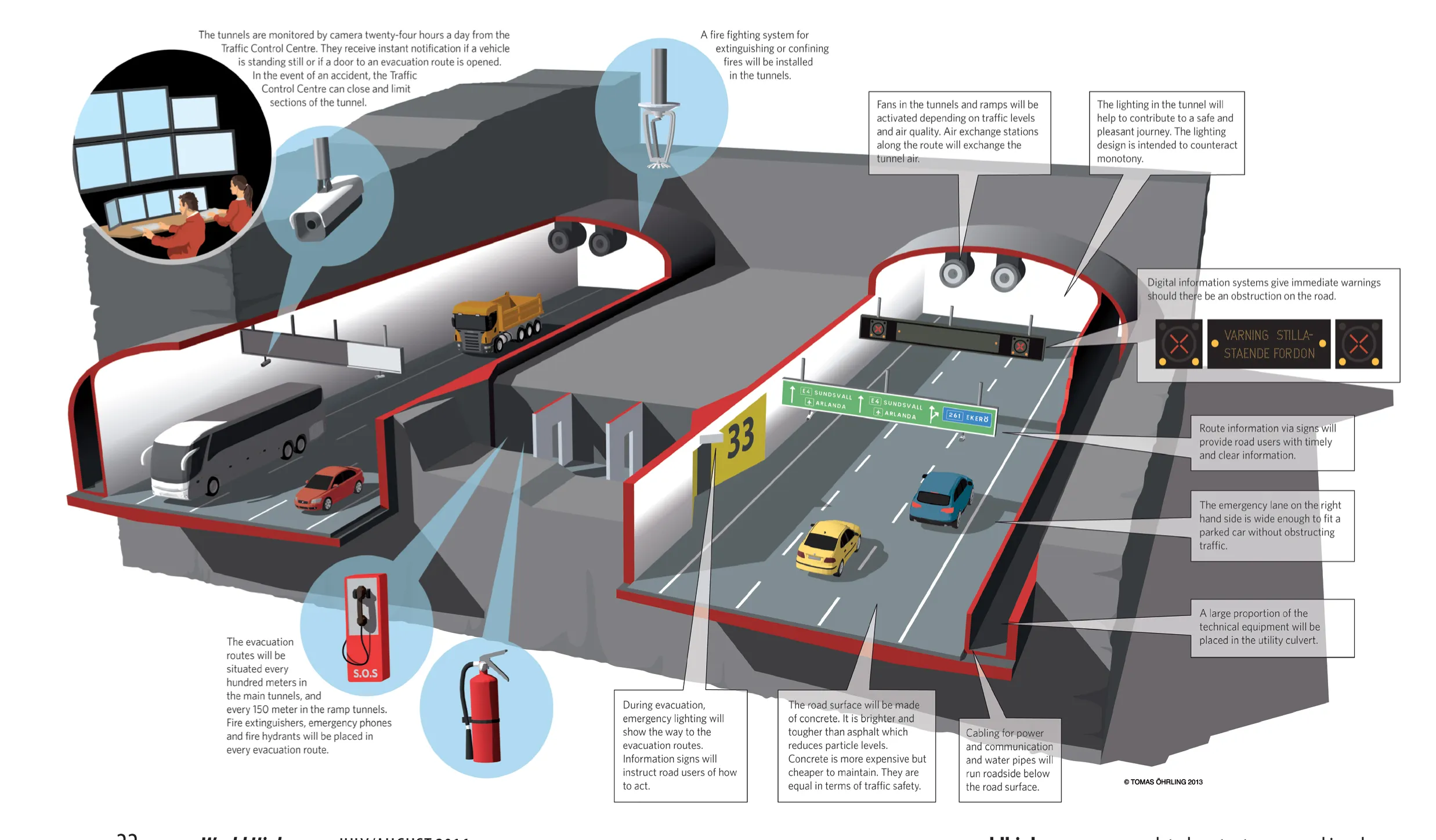The Liebherr Group now has a new logistics centre located at Oberopfingen, Germany. This facility is supplying customers around the world with spare parts for the firm’s wheeled and crawler excavators, wheeled loaders and bulldozers, as well as some other machines. The new facility has been opened followinga policy of centralisation of parts supply. Work started to construct the facility in mid-2013.
June 26, 2015
Read time: 2 mins

The 718 Liebherr Group now has a new logistics centre located at Oberopfingen, Germany. This facility is supplying customers around the world with spare parts for the firm’s wheeled and crawler excavators, wheeled loaders and bulldozers, as well as some other machines. The new facility has been opened followinga policy of centralisation of parts supply. Work started to construct the facility in mid-2013.
The new central warehouse has an area of 47,000m², with space for about 100,000 different spare parts for the Earthmoving Equipment division. Parts are taken into and out of stock in the automatic warehouse areas, which can be up to 36m high. The firm says that its modern warehouse technology and order picking systems make it possible to ship 1,600 individual orders to many European countries, almost all of which on the day the order is received.
The location at Oberopfingen was chosen as it is next to the A7 Autobahn and is close to the major production site for Liebherr earthmoving machines at Kirchdorf an der Iller.
The new central warehouse has an area of 47,000m², with space for about 100,000 different spare parts for the Earthmoving Equipment division. Parts are taken into and out of stock in the automatic warehouse areas, which can be up to 36m high. The firm says that its modern warehouse technology and order picking systems make it possible to ship 1,600 individual orders to many European countries, almost all of which on the day the order is received.
The location at Oberopfingen was chosen as it is next to the A7 Autobahn and is close to the major production site for Liebherr earthmoving machines at Kirchdorf an der Iller.








